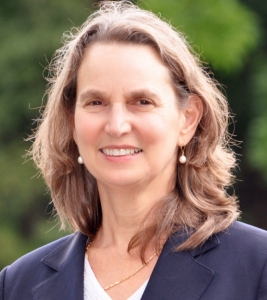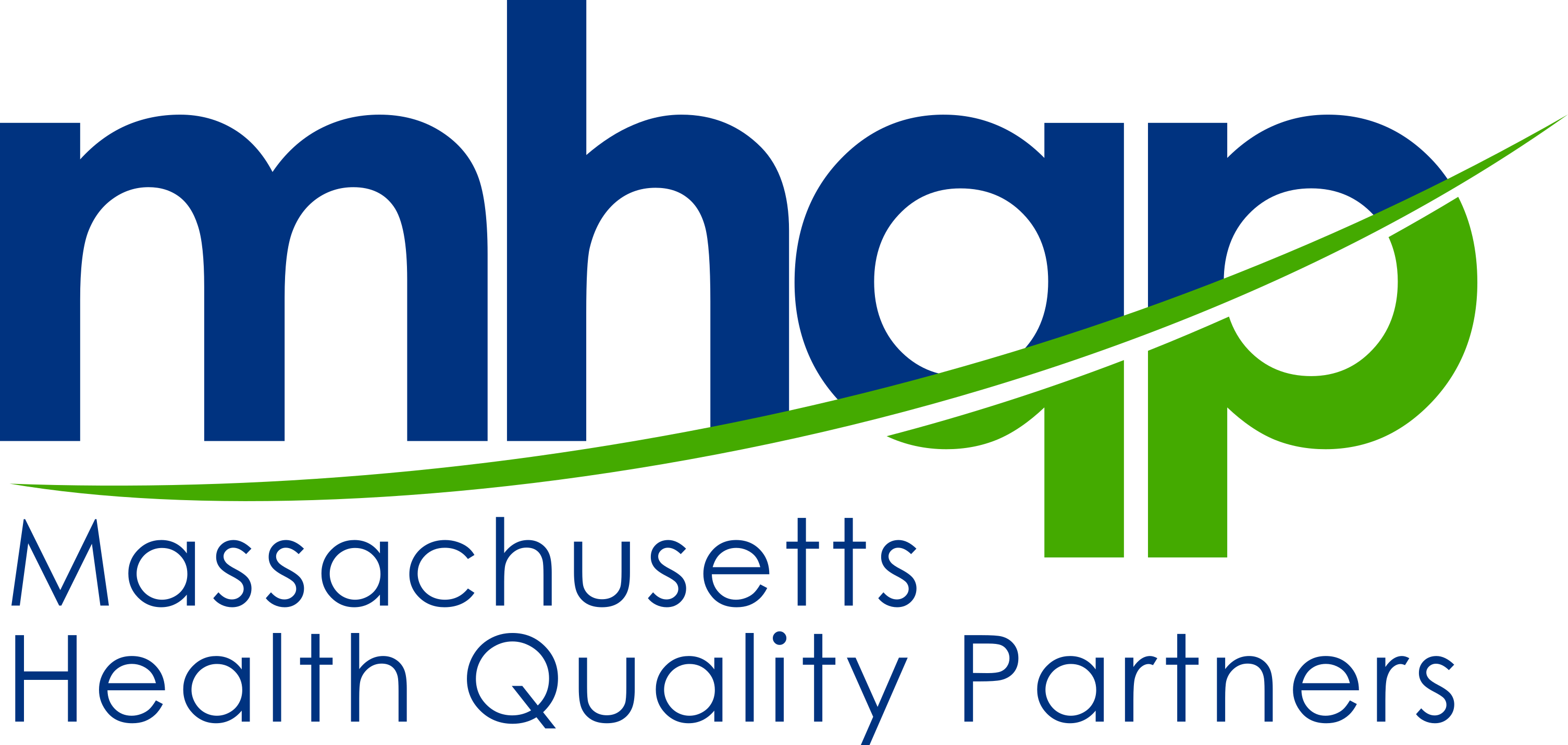Backlash Must Fuel Renewed Commitment to Health Equity
By Barbra G. Rabson
(February 2022)

Since the summer of 2020, when the murder of George Floyd and the COVID pandemic spawned a reawakening about racial injustice in this country, I have been impressed and proud of the commitment to health equity at so many levels in the Massachusetts healthcare system. Company CEOs, public servants, healthcare providers, and ordinary citizens alike have taken action to eliminate the disparities that are baked into healthcare throughout our state – and we’ve made some good progress.
But last week brought a stark reminder that there remains much resistance to change. A neo-Nazi white supremacist group staged a protest at Brigham and Women’s Hospital targeting two doctors working to address a longstanding inequity in how care is delivered at the hospital. These doctors’ efforts to make access to cardiology care the same for all patients was interpreted by this group as “preferential treatment” that would push “non-white” patients “ahead of the line.” And in what can only be seen as a preposterous and distorted leap, the group claims that this policy shift “kills whites.”
This protest and similar backlash to the racial justice movement – such as banning books that deal with racism and racial identity – are shocking but not surprising. As Martin Luther King, Jr. famously stated, “The arc of the moral universe is long, but it bends toward justice.” Many people are threatened by change. Backlash is inevitable.
Yet our response must be strong and united, and we must be undeterred in our commitment to achieve lasting change. For our part, MHQP stands in solidarity with the hundreds and thousands of forward-thinking people throughout our healthcare system who are working to ensure all patients have equal access and equitable health care in Massachusetts.
I cannot understand why this goal is threatening. Clearly some people see this as a “zero-sum game” – that for one group to advance, another group must fall back. But health equity is achieved when every person has the opportunity to attain his or her full health potential. That “common good” perspective remains sadly and regrettably elusive for many people in our world these days.
It is important that, while we understand these counter forces exist even here in Massachusetts, we remain steadfast in our commitment to change. We at MHQP will continue to do our part. We have developed a broad health equity portfolio, and below is a list of some of our work in this area:
- We have formed a Health Equity & Anti-Racism Workgroup focused on improving our collection of race, ethnicity, and language (REL) data by deepening our understanding of patient and staff perspectives about their experiences with being asked and asking about REL.
- We have revised MHQP’s Clinical Guidelines in adult and pediatric preventative care and perinatal care with an emphasis on health equity by advocating that clinicians screen for subgroups that are disproportionately at-risk of developing certain cancers, infections, and diseases.
- We have launched The Pain Inequities Project to explore and help address the inequities that Black women experience when they seek diagnosis and management of chronic pain.
- In partnership with the Greater Boston Sickle Cell Disease Association (GBSCDA), we have launched a project funded by the Patient-Centered Outcomes Research Institute (PCORI) to identify new directions for research into patient-centered approaches to help people with sickle cell disease self-manage their pain.
- As part of a study conducted in partnership with the Harvard Pilgrim Health Care Institute (HPHCI), we are interviewing patients, providers, and community leaders to better understand potential socioeconomic, racial, and ethnic inequities in telehealth usage in Massachusetts since the onset of the COVID-19 pandemic.
- We are pursuing opportunities to collaborate with health plans to incorporate health equity into our core measurement programs.
This is just the start of work with a long glidepath that I wish we had initiated a long time ago. But now that we are on this road, we see clearly how much work lies ahead and we are never turning back.
In June 2020, like many organizations, MHQP sent out a message supporting the movement for racial equity in our country. Among other things, that message said, “Now is a time to listen to the voices of our fellow Americans whose cries have gone unaddressed for too long.” Almost two years later, it is still that time. We continue to push forward, fueled by the backlash, toward a more equitable and just future for all.
